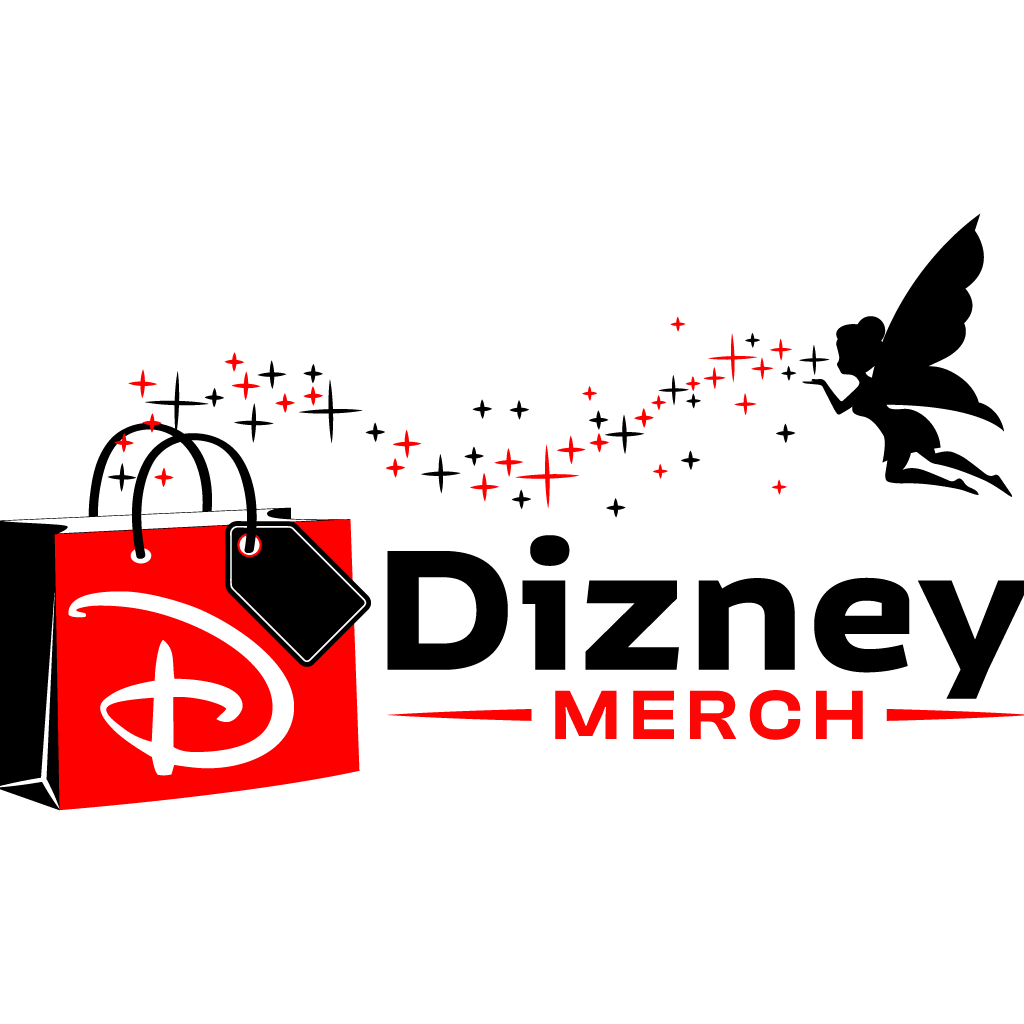Navigating the vast consumer market with an ethically conscious mindset can often feel like a daunting task. You might find yourself constantly asking, “How do I know if a product is made with ethical practices?” Well, you’re not alone in this journey. This article sheds light on simple yet effective ways you can determine whether a brand aligns with your ethical values, focusing on crucial aspects such as supply chain transparency, fair trade labels, sustainability pledges, and other potential red flags to look out for. The path to ethical consumption does not have to be a complicated one – and this article is here to guide you every step of the way.
Understanding Ethical Practices
Ethical practices in manufacturing represent a set of moral principles abide by manufacturers to conduct business with integrity, honesty, and fairness. This involves treating workers with respect, maintaining a safe work environment, sourcing materials responsibly, being transparent and accountable, and considering the environmental impact of the manufacturing process as a whole.
Definition of ethical practices in manufacturing
Ethical practices in manufacturing are the guiding principles that ensure fair and respectful treatment of all stakeholders in the production process. This includes employees, customers, suppliers, and even the environment. These standards encompass everything from fair wages and safe working conditions for workers to sustainable sourcing of materials and responsible waste management.
Different types of ethical practices
There are numerous ethical practices in manufacturing, each of which plays a crucial role in ensuring a fair production process. This can include low-impact manufacturing, where processes are optimized to reduce their environmental footprint. Fair trade policies ensure that workers in the supply chain are compensated adequately. Ethically sourced materials imply that raw materials are obtained in a responsible and sustainable way. Other practices include transparent business practices, where companies are open about their operations, as well as inclusive hiring policies, where worker’s rights and diversity are championed.
The importance of ethical practices in production
Ethical practices in production play a critical role in preserving the environment, protecting the rights of workers, and overall business success. Companies that uphold ethical standards tend to have more engaged and productive employees and a loyal customer base. Moreover, they contribute to sustainable development, promote social justice, and can even achieve a competitive advantage in today’s socially conscious market.
Ethical Certifications on Products
Certifications on products are key markers that help inform consumers if a product has been made ethically. These certifications assure the consumers that the product meets certain environmental, social, or animal welfare standards.
The role of certifications in ethical production
Certifications in ethical production play a pivotal role in enabling consumers to make informed purchasing decisions. They provide verifiable proof that a product has been manufactured according to specific ethical or sustainable criteria. This aids in increasing transparency and trust between consumers and manufacturers.
Common ethical certifications and what they mean
Several common ethical certifications can appear on product packaging. These include Fair Trade, indicating that the product was made under fair labor conditions; Organic, meaning the product was produced without harmful chemicals; Rainforest Alliance Certified, indicating sustainable farming practices, and Cruelty-Free, which means the product was not tested on animals. Each of these certifications has its own set of standards and guidelines that companies must adhere to in order to earn the designation.
How to locate these certifications on product packaging
Ethical certifications are usually prominently displayed on product packaging. You can generally find these labels on the front of the package or somewhere on the back near the ingredients list or product information. Look for the recognizable symbols of the certifying bodies, as these can assure you of the validity of the claims.

This image is property of images.unsplash.com.
Company Policies and Statements
Company policies and statements are significant indicators of an organization’s commitment to ethical practices. They provide insights into a company’s values, corporate social responsibilities, and stance on key ethical issues.
The relevance of company policy to ethical practices
Company policy provides a guideline for ethical practices and sets the tone for the company’s culture and business operations. A clearly articulated policy on ethical practices sends a strong message about a company’s commitment to its values and creates a benchmark against which its actions can be measured.
How to access and understand a company’s ethical policy
A company’s ethical policy can often be found on their official website, typically in the ‘About Us’ or ‘Corporate Social Responsibility’ section. These policies should clearly state the company’s stance on key issues such as workers’ rights, sustainability, and ethics in the supply chain. To fully understand these policies, take time to thoroughly read and interpret the presented information. Don’t hesitate to contact their customer service if you need further clarification.
Analyzing the company’s statements on sustainability and worker’s rights
To analyze the company’s stance on sustainability and worker’s rights, look for explicit policy statements regarding these areas. For instance, a commitment to sustainable practices might involve a reduction in carbon emissions, waste management strategies, or the promotion of renewable energy. Statements on worker’s rights might include pledges to fair wages, worker safety, and the prohibition of child labor. However, it’s also crucial to cross-check these pledges with independent sources or certifications to ensure that the company’s claims are justified.
Labor Practices
Labor practices greatly influence product ethics, as they concern the rights and welfare of the employees involved in the production process.
How labor practices impact product ethics
Labor practices directly impact product ethics because they reflect how the workforce involved in the manufacturing process is treated. Ethical labor practices ensure that workers are compensated fairly, work in safe and healthy environments, and that their rights are protected. Unfortunately, not all companies adhere to these standards, and poor labor practices can often result in products that are unethically produced.
Identifying signs of poor labor conditions
Signs of poor labor conditions might include low wages, unsafe working conditions, excessively long work hours, or forced labor. Often, such information can be hard to acquire, as some companies lack transparency regarding their labor practices. However, independent assessments, certifications, and audits can provide valuable insights into a company’s labor conditions.
Assessing a company’s commitment to fair worker compensation
To determine whether a company commits to fair worker compensation, look for explicit statements about their wage policies in their ethical guidelines. Certifications like Fair Trade are also helpful, as they assure that fair payment was given to all parties involved in the production process.

This image is property of images.unsplash.com.
Environmental Accountability
Environmental accountability in manufacturing relates to a company’s responsibility towards minimizing its negative impact on the environment and contributing positively where possible.
Understanding the link between environmental impact and ethics
The environmental impact of a product encompasses every stage of its lifecycle, from raw materials sourcing, manufacturing, and distribution, to usage and disposal. Ethical manufacturers aim to reduce this impact by following sustainable practices. This can include reducing waste, using renewable energy, minimizing water consumption, and designing products to be recyclable or biodegradable.
Determining the environmental footprint of a product
Determining the environmental footprint of a product can involve investigating its entire lifecycle. This includes the sourcing of its materials, its manufacturing process, transportation means, as well as its use and disposal. Product labels often provide some information on its environmental impact. However, further insights can often be found in a company’s sustainability report or independent environmental impact assessments.
Tips on recognizing eco-friendly production
A few indicators of eco-friendly production can include the use of renewable energy, low water consumption, efficient waste management, sustainable packaging, and responsible sourcing of raw materials. Certifications such as Rainforest Alliance, Energy Star, or Green Seal can also indicate that a product has been made through environmentally friendly processes.
Responsible Sourcing and Supply Chain Management
Responsible sourcing and supply chain management are crucial to producing ethically made products. This involves ensuring that materials are sourced sustainably, and the rights and welfare of those along the supply chain are respected.
The importance of ethical sourcing
Ethical sourcing is essential in minimizing not only environmental degradation but also any potential exploitation within the supply chain. This involves ensuring that all entities within the supply chain, from raw material suppliers to retailers, maintain ethical and sustainable practices, thereby promoting overall product integrity.
Investigating the origins of raw materials
Investigating the origins of raw materials is a critical step in assessing whether a product has been made ethically. This can provide insights into whether the materials were sourced sustainably and if the rights of the workers involved were respected. Many companies now provide information about their sourcing practices on their websites. Certifications, such as Fairtrade or FSC (Forest Stewardship Council), can also give confidence that raw materials have been ethically sourced.
Assessing transparency in the supply chain
Transparency in the supply chain means that a company is open about where they source their materials and how they manage their supply chain. This is important because it allows for the verification of the ethical claims a company makes. Look for comprehensive statements about sourcing and supply chain management on a company’s website, or see if they publish a regular transparency or sustainability report.

This image is property of images.unsplash.com.
The Impact of Animal Cruelty on Product Ethics
Animal cruelty can significantly affect the ethics of a product, particularly within industries like cosmetics, where animal testing is prevalent.
Understanding animal testing and why it is considered unethical
Animal testing involves using animals in experiments or product tests, often causing them harm or distress. It’s considered unethical due to the suffering and distress it inflicts on animals. Many argue that alternative methods, which don’t involve animals, can and should be used instead.
How to determine if a product is cruelty-free
To determine if a product is cruelty-free, look for certifications from organizations like Leaping Bunny or PETA, which assure that no animal testing was involved in any stage of product development. You can also check a company’s policies, usually available on their website, for statements on their stance against animal testing.
Vegan and cruelty-free certifications and labels
Vegan certifications like the Vegan Society’s Vegan Trademark, indicate that a product contains no animal-derived ingredients. Cruelty-free labels, like the Leaping Bunny or PETA’s Cruelty-Free bunny, signify that no animal testing was conducted. These certifications and labels help consumers choose products aligning with their ethical beliefs.
Reviews and Public Opinions
Reviews and public opinion can provide valuable insights into a company’s ethical behavior. They reflect the experiences and perceptions of those who have engaged with the company, offering a more balanced understanding of the company’s ethical practices.
How consumer reviews can provide insights into a company’s ethics
Consumer reviews often provide real-world experiences and feedback on a product or company, offering valuable insights into their ethical practices. For example, reviews can highlight issues like poor customer service, low-quality products, or even worker exploitation, alerting potential customers to ethical concerns.
Understanding the role of public opinion
Public opinion can greatly influence a company’s reputation and, ultimately, its success. If a company is widely known for unethical practices, it may face public backlash, leading to lost sales, stock price drops, and potential legal trouble. On the other hand, companies with positive public opinion often enjoy higher customer loyalty and have a more robust market position.
How to access and interpret reviews related to ethics
Reviews related to ethics can often be found on product pages, review websites, and even on social media. To interpret these reviews, look for consistent trends or repeated issues raised by multiple customers. While almost every company will have both positive and negative reviews, repeated ethical concerns can be a red flag.
Regulatory Compliance
Compliance with local, international, and industry-specific regulations is a minimum requirement for ethical business practices. Ensure the company you’re buying from abides by the laws and norms governing their operations.
How regulations ensure ethical practices
Regulations ensure ethical practices by setting the minimum standards a company must meet. These can encompass a range of issues, such as fair labor conditions, environmental protections, animal welfare, and transparent business practices. By complying with these regulations, companies can demonstrate their commitment to ethical practices.
Inspecting a company’s compliance record
To inspect a company’s compliance record, look for any information regarding scandals, lawsuits, or fines related to ethical misconduct. You can often find such information in news articles or business databases. A company’s compliance record can provide valuable insights into their commitment to ethics.
Understanding penalties for non-compliance in production
Penalties for non-compliance in production can range from fines and lawsuits to reputational damage and loss of business licenses. Understanding these penalties can help you grasp the potential consequences companies face when they do not adhere to regulations and fail to uphold ethical standards.
How to Support Ethically Manufactured Products
Your purchasing decisions as a consumer greatly influence the prevalence of ethically manufactured products. By choosing to support ethical companies, you send a powerful message to businesses about the kind of practices consumers value.
The importance of consumer choice in promoting ethical products
Your consumer choices can drive companies to foster ethical practices by showing them that you value ethics over cost or convenience. By consciously opting for ethically produced products, you not only support ethical companies, but also encourage other businesses to adopt more ethical practices.
Tips on making more ethical consumer decisions
There are several ways to make more ethical consumer decisions. Start by doing your research on the companies from whom you buy products. Look for ethical and sustainability certifications, read their policies on issues that matter to you, and check for any controversies or scandals. You can also use apps and websites that rate or review the ethical practices of different companies.
How to spread awareness about product ethics
Spreading awareness about product ethics can help drive a more significant change towards ethical production. Share your knowledge and purchasing decisions with friends and family. Use social media to highlight ethical companies and to call out those that fail to meet ethical standards. Remember, every conversation can make a difference and bring us closer to a world where all products are ethically made.

